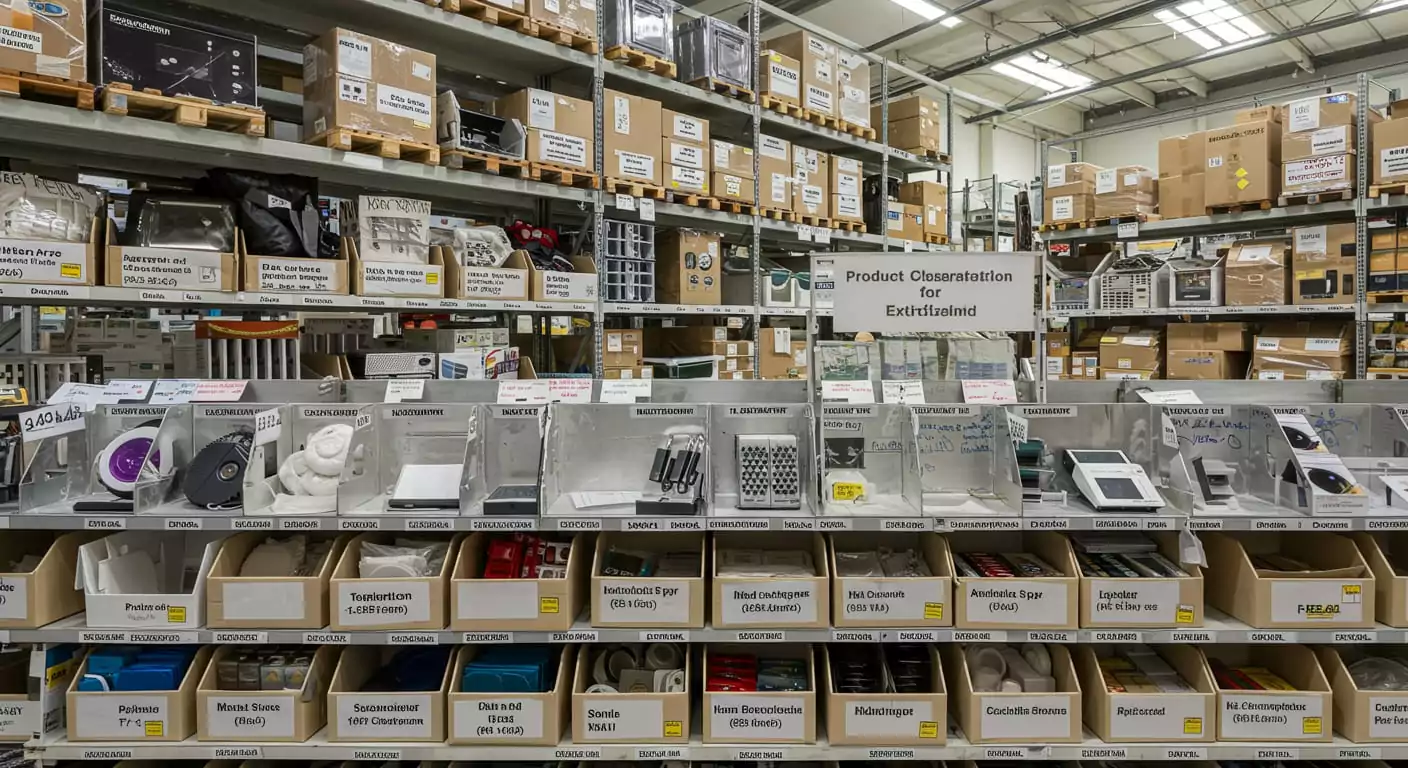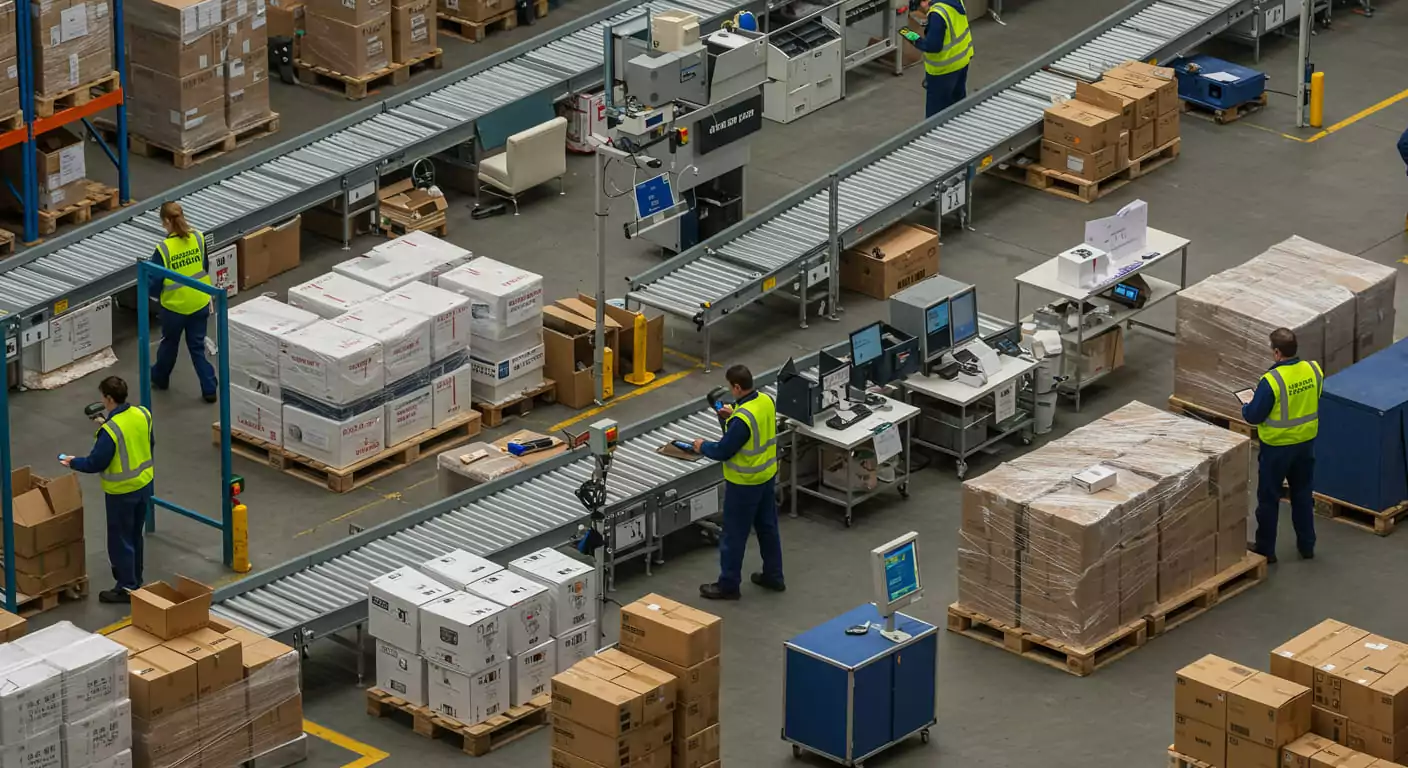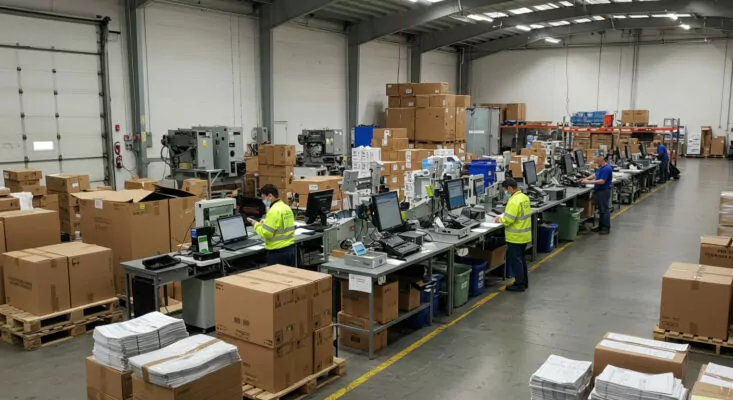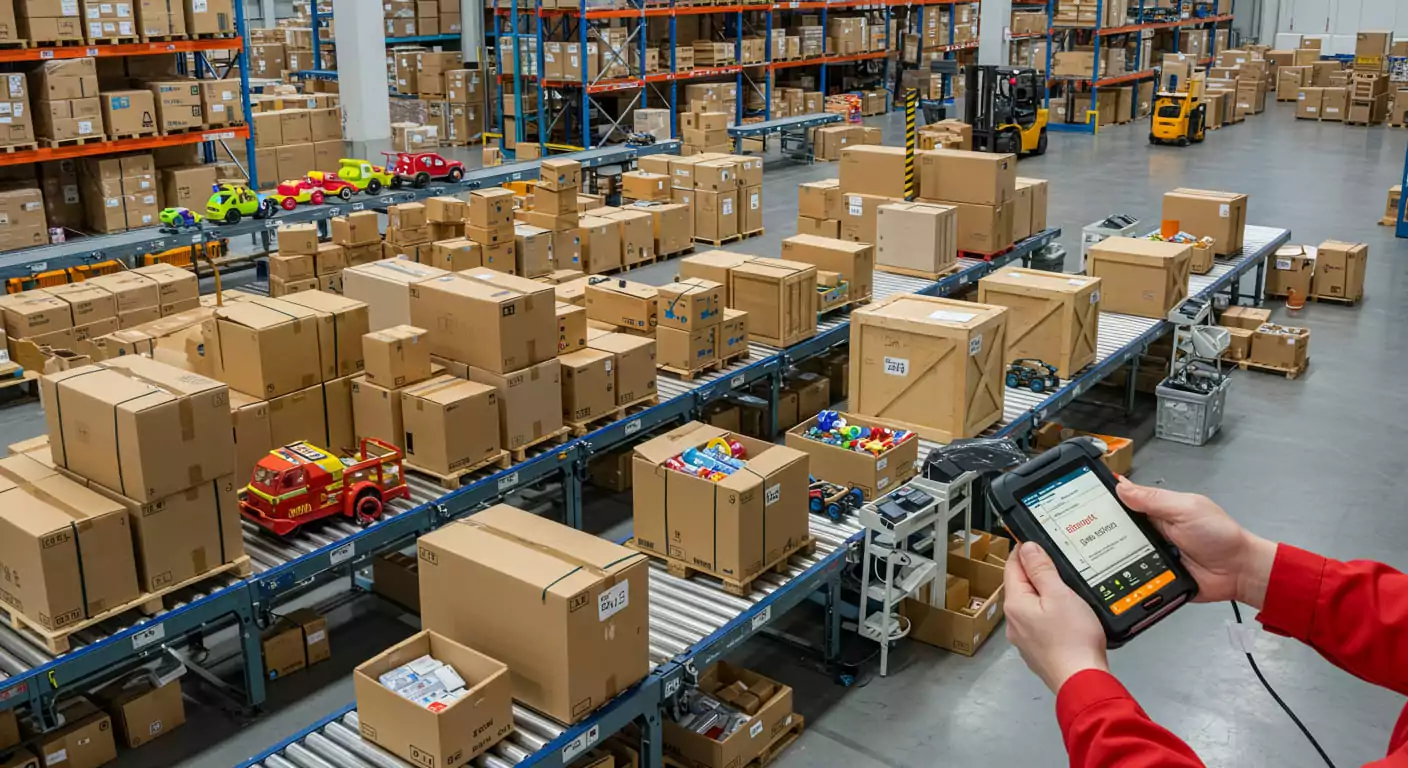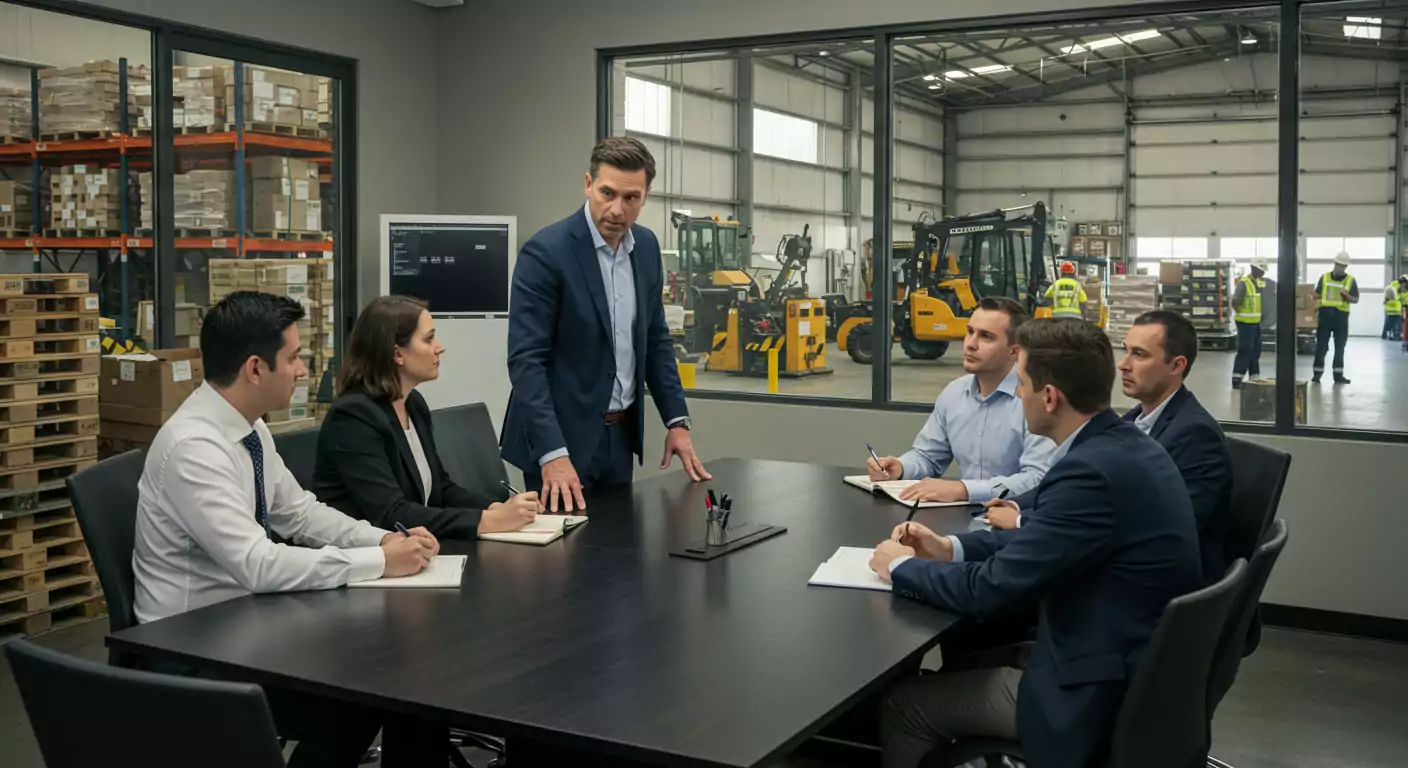Tax classification of goods: understand how to avoid import and export errors, reduce risks and ensure tax compliance.
The tax classification of goods is a of the most sensitive points in foreign trade operations. For those who import or export, correctly assign the NCM code (Mercosur Common Nomenclature) to each product is not just a formality: it is an obligation that directly impacts the tax burden, customs clearance and even the viability of the operation.
A simple mistake in this process can mean problems ranging from overpayment of taxes to heavy fines or cargo being held up at ports and airports. That's why understanding the logic of classification and adopting practices that ensure accuracy is indispensable.
In this post we've prepared, we answer the main questions on the subject and show you how companies can reduce risks and gain efficiency with the support of experts. Stay with us!
What is the tax classification of goods and why is it so important?
The tax classification is the the process of classifying each good under a specific NCM codeThe system that organizes products based on criteria such as composition, purpose and degree of elaboration.
This code is internationally recognized and serves as the "ID of the goods" in any trade operation. foreign trade.
The importance of classification lies in the fact that it determines applicable taxation, administrative treatment, the need for licensing and even the possibility of obtaining tax benefits under special customs regimes.
It is no exaggeration to say, therefore, that classifying correctly is not just about complying with a legal requirement, but about defining the cost and legal certainty of the entire operation. For a broader definition of the concept, visit this other post of our blog.
What are the main risks of incorrect classification?
Errors in the tax classification of goods can have significant consequences for companies. Below we present the most critical risks and how they affect foreign trade operations.
Paying taxes unduly
When a product is misclassified, the company can end up paying more tax than it should.
This extra cost reduces competitiveness, directly impacts the profit margin and, in many cases, makes negotiations with more price-sensitive international clients impossible.
The problem gets worse when the mistake is repeated in several operationsaccumulating values that are unlikely to be recovered.
Being fined for underpayment
The other side of the error is paying less tax than required. In this case, the IRS identifies the discrepancy and levies assessments, which include not only the tax difference, but also fines and interest.
In high-value operations, this can jeopardize cash flow and generate tax liabilities that are difficult to reverse.
Having cargo held up at customs
Incorrect classification is one of the main reasons for goods being detained at ports and airports.
The cargo is held up until the company regularizes the situation, which generates storage costs, delays in delivery and, in some cases, the loss of international contracts. This kind of problem damages the company's reputation and reduces the confidence of business partners.
Losing tax benefits and special regimes
Benefits such as drawback, ex-tariff and other customs regimes depend on exact classification. An error can lead to the cancellation of the benefit, significantly increasing import or export costs.
In sectors that depend on these incentives to remain competitive, the loss could even mean products being withdrawn from the market.
Damage image and credibility
In addition to the financial consequences, a poor classification affects the company's image. Partners, suppliers and international clients expect professionalism and legal compliance. Repeated problems with the IRS undermine trust and make it difficult to expand into new markets.
In short, incorrect classification is not a bureaucratic detail: it compromises everything from operational efficiency to the financial strength of the business. Companies that underestimate this process end up exposed to risks that could be avoided with stricter controls and specialized support.
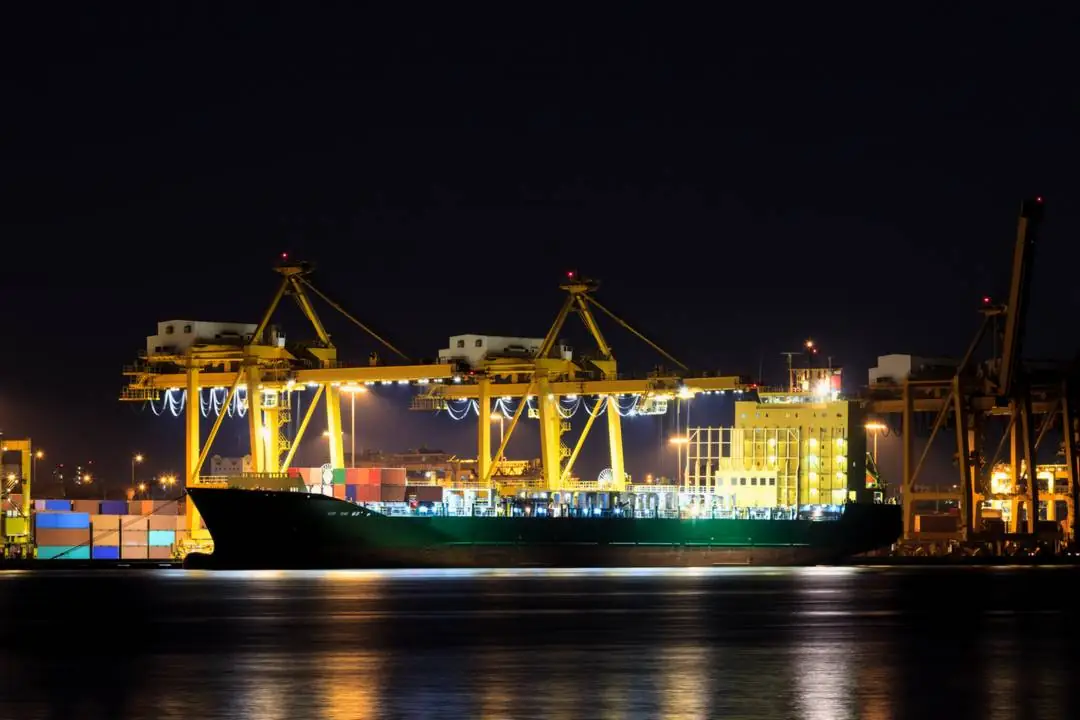
Foreign Trade
Content with free materials!
How the process worksHow does tax classification work in practice?
Assigning the correct code requires detailed technical analysis. The process goes through a few key stages:
- Product identification - understand exactly the nature of the goods, including composition, application and physical characteristics.
- NCM consultation - checking the positions and subheadings compatible with the item.
- Application of the general rules of interpretation - use of the standards established by the Harmonized System (HS), which determine classification criteria when in doubt.
- Checking the explanatory notes - consulting the Harmonized System Explanatory Notes (HSEN), which provide additional details to reduce ambiguities.
- Analysis of official opinions - evaluation of consultation solutions and previous decisions by the Federal Revenue Service and the WCO (World Customs Organization).
This process shows that classifying is not simply a matter of choosing a similar code: it requires technical knowledge and experience to avoid mistaken classifications.
How do the most common mistakes happen?
Most mistakes in the tax classification of goods are due to a lack of detailed information about the products. It is common, for example, for companies to use generic descriptions on invoices or not have technical reports to prove the composition of the goods.
Another recurring mistake is to rely only on superficial queries in online systems or to adopt codes suggested by foreign suppliers, without validating whether they comply with Brazilian rules.
In addition, the lack of updating in the face of changes in legislation and NCM tables leads many companies to use obsolete codes - something that definitely generates many inconsistencies in the records.
Learn about some of the most common errors in tax classification:
- use of vague or incomplete descriptions on the invoices, which make it difficult to correctly identify the goods;
- absence of technical reports and catalogs that prove the composition or application of the product;
- dependence on ratings provided by foreign partnerswithout proper local validation;
- superficial consultations with automatic NCM search systems, without analyzing the interpretative rules;
- lack of internal standardization between the purchasing, tax and foreign trade departments, generating different codes for the same item;
- use of outdated codes due to changes in the NCM table and current legislation.
It's important to note that these points prove that mistakes don't just happen because of a lack of technical knowledge - but also because of management and communication failures within companies.
How to reduce risks and increase classification accuracy?
To minimize errors and ensure safety in import and export, some practices are decisive.
They go far beyond compliance with rules: they represent a management strategy that protects the company against fines, extra costs and loss of competitiveness. Get to know the main ones!
Structure a technical dossier for each product
The first step is gather detailed information on each item. The dossier must contain laboratory reports, catalogs, technical data sheets and any document that describes the composition, use and characteristics of the item.
This material provides a precise analysis and serves as documentary support in inspections and audits.
Continuously train teams
Invest in regular training for the areas of foreign trade, tax and accounting. Well-prepared teams master the rules, keep up with changes in legislation and avoid mistaken frameworks that generate unnecessary costs or fines.
Use software integrated with the updated NCM
Technology is essential to reduce errors. Tax management systems with automatic integration with the NCM table offer alerts on changes to codes and cross-reference information in real timel, ensuring greater precision and agility in the process.
Carry out regular audits
Reviewing classifications already in use is a way of identifying flaws and correcting inconsistencies before they become major problems. Internal or external audits avoid fines and ensure that the company is always in compliance with current legislation.
Count on specialized support
For complex goods, the support of experienced consultants is indispensable. Specialized professionals master the rules of foreign trade, are familiar with consultation solutions that have already been issued and can significantly reduce the chances of error.
When applied together, these practices turn tax classification into a strategic process. More than avoiding risks, they ensure cost predictability, strengthen business relationships and increase the company's global competitiveness.
How can CLM Controller help your company in this process?
The complexity of classification requires not only technical knowledge, but also constant monitoring of changes in foreign trade rules. This is where CLM Controller comes in as a strategic partner.
With a team experienced in taxation and international tradeThe company assists from the technical analysis of goods to the review of classifications already applied, ensuring compliance with legislation and reducing tax risks.
It also offers support in tax planning for import and export operations, taking advantage of legal benefits and avoiding unnecessary costs.
By delegating this task to specialists, the company not only avoids mistakes, but transforms tax classification into an instrument of operational efficiency and legal certainty.
The tax classification of goods is a subject that cannot be treated superficially. More than a bureaucratic requirement, it defines the basis of every foreign trade operation, affecting costs, deadlines and the very viability of the business.
Companies that take the issue seriously manage to avoid risks, maintain compliance and exploit tax opportunities. Those that neglect the process expose themselves to financial losses and reputational damage.
In this scenario, relying on CLM Controller to optimize the classification of goods and other issues is a choice that ensures peace of mind and competitiveness in an increasingly rigorous global environment.
So, if you need experienced accounting advice that can provide the best strategies for your company to improve its financial performance, get to know CLM Controller's solutions now.

Upgrade your finances:
Talk to us!


